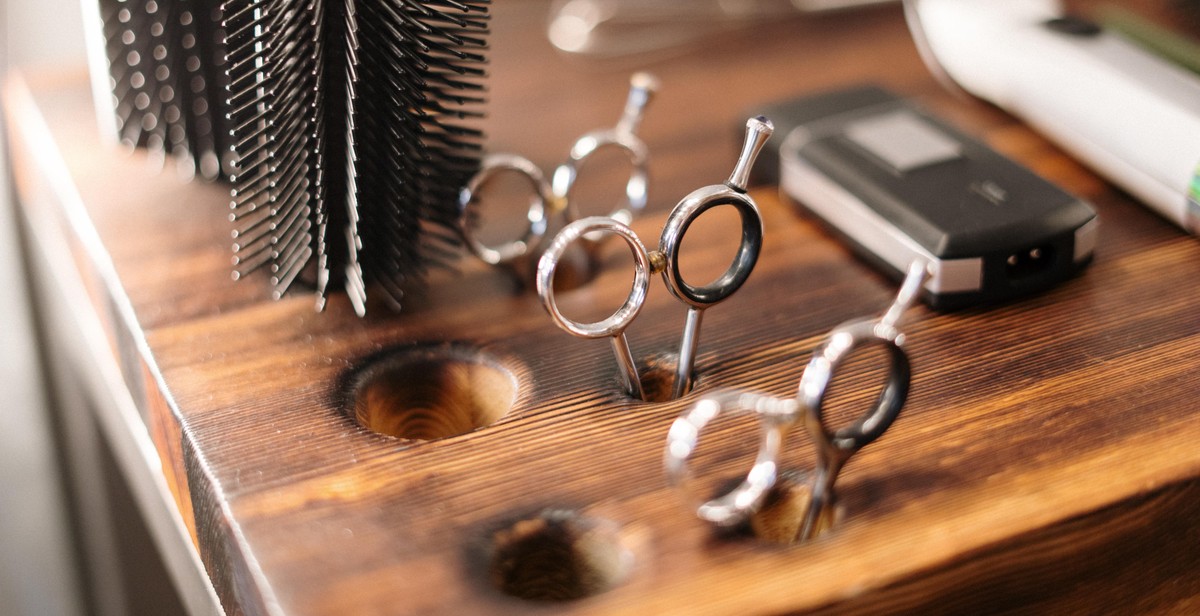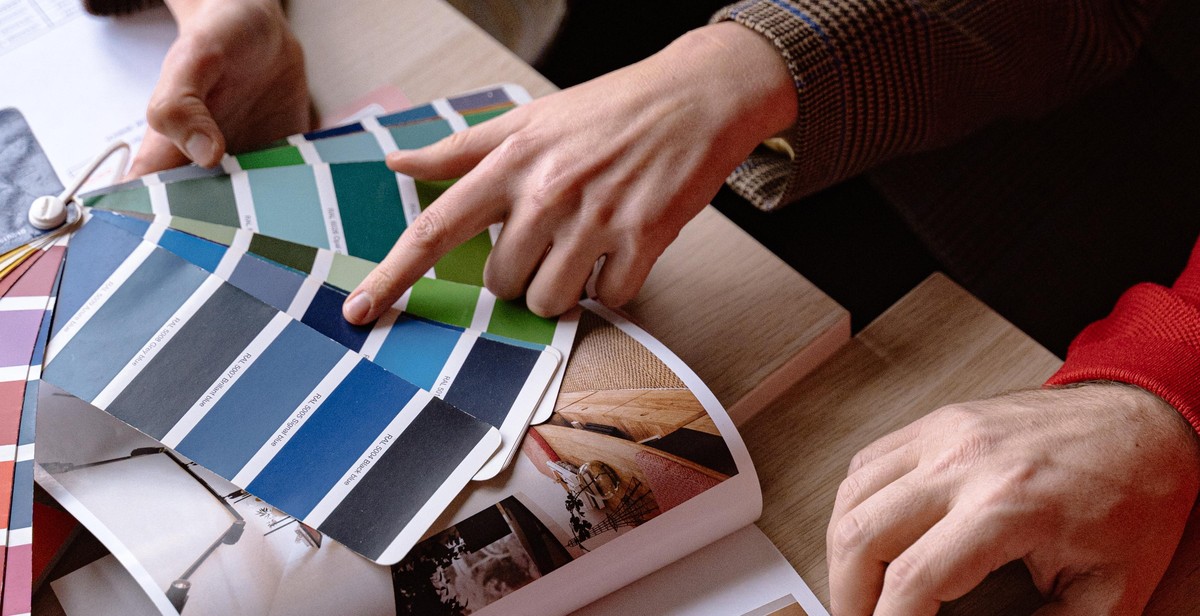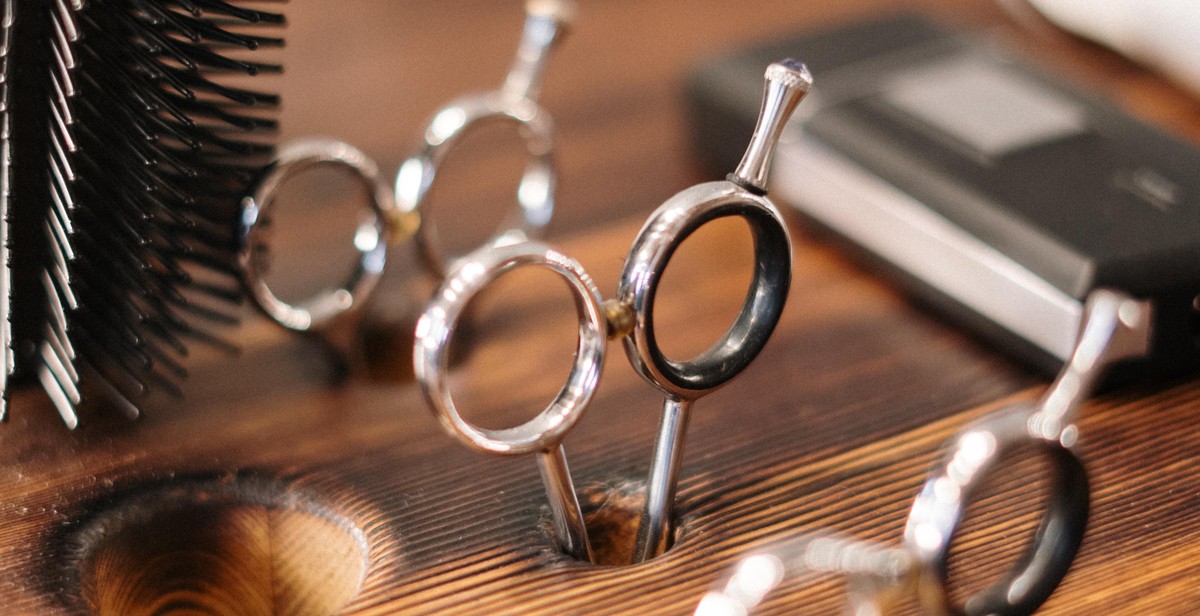How to Choose the Right Hairbrush for Your Hair Type
Choosing the right hairbrush for your hair type can make a huge difference in the health and appearance of your hair. Using the wrong brush can cause damage, breakage, and even hair loss. With so many different types of brushes available, it can be overwhelming to know which one to choose.
Why Choosing the Right Hairbrush Matters
Using the right hairbrush for your hair type can help you achieve your desired hairstyle while also promoting healthy hair growth. Different hair types require different types of brushes to address specific concerns. For example, if you have fine hair, you’ll want a brush that’s gentle enough to prevent breakage, while also providing enough tension to create volume.
On the other hand, if you have thick, curly hair, you’ll want a brush that can detangle your hair without causing damage or frizz. A brush with a mix of boar and nylon bristles can be a great option for this hair type. It’s important to consider the size, shape, and bristle type of the brush you choose, as well as any additional features like vents or heat resistance.
By choosing the right hairbrush for your hair type, you can avoid damaging your hair and promote healthy growth, while also achieving your desired style.

Understanding Your Hair Type
Before choosing the right hairbrush for your hair type, it’s essential to understand your hair type. There are four main types of hair: straight, wavy, curly, and coily. Each hair type requires different care, styling, and maintenance techniques.
Straight Hair
Straight hair is naturally sleek and smooth, and it tends to be easy to manage. However, straight hair can also be prone to oiliness and can lack volume. To keep straight hair healthy and shiny, use a gentle shampoo and conditioner. Avoid using heavy styling products that can weigh down your hair. A paddle brush is ideal for straight hair as it can help to distribute natural oils and prevent breakage.
Wavy Hair
Wavy hair is characterized by loose, flowing curls that fall somewhere between straight and curly hair. This hair type can be prone to frizz and dryness, so it’s essential to use a moisturizing shampoo and conditioner. For styling, use a curl-enhancing product and a wide-tooth comb to detangle your hair. A boar bristle brush can help to smooth out waves and add shine.
Curly Hair
Curly hair is defined by tight, spiral curls that can be prone to dryness, frizz, and tangles. To keep curly hair healthy and hydrated, use a sulfate-free shampoo and a deep conditioner. Avoid using a brush on curly hair as it can cause breakage and disrupt the natural curl pattern. Instead, use a wide-tooth comb or your fingers to detangle your hair while it’s wet.
Coily Hair
Coily hair is the most delicate hair type and is characterized by tight, springy curls. This hair type can be prone to dryness, breakage, and shrinkage. To keep coily hair healthy, use a gentle shampoo and a deep conditioner. Avoid using heat styling tools that can cause damage to your hair. A wide-tooth comb is ideal for detangling coily hair while wet, and a pick comb can help to add volume and definition.
| Hair Type | Recommended Hairbrush |
|---|---|
| Straight Hair | Paddle Brush |
| Wavy Hair | Boar Bristle Brush |
| Curly Hair | Wide-Tooth Comb or Fingers |
| Coily Hair | Wide-Tooth Comb and Pick Comb |

Types of Hairbrushes
Choosing the right hairbrush is crucial to maintaining healthy and beautiful hair. There are several types of hairbrushes available on the market, each designed for a specific hair type and style. Below are some of the most common types of hairbrushes:
Paddle Brush
A paddle brush is a wide, flat brush with a rectangular or oval-shaped head. It is ideal for detangling and smoothing long, straight hair. The wide surface area of the brush makes it easy to straighten hair and create a sleek look. Paddle brushes are also great for blow-drying hair straight.
Round Brush
A round brush is a cylindrical brush with bristles all around its circumference. It is available in various sizes and is perfect for creating volume and curl. A smaller round brush is ideal for creating tight curls, while a larger one is better for loose curls and waves. Round brushes are also great for blow-drying hair straight while adding volume.
Vent Brush
A vent brush is a flat brush with widely spaced bristles and a vented design. The vented design allows for air to flow through the brush, which speeds up drying time. Vent brushes are perfect for creating a smooth, straight look and are ideal for use during blow-drying.
Teasing Brush
A teasing brush, also known as a backcombing brush, is a narrow brush with tightly packed bristles. It is used to create volume and texture in the hair by backcombing or teasing. The narrow design of the brush allows for precise teasing and is perfect for creating updos and other hairstyles that require volume.
Boar Bristle Brush
A boar bristle brush is a natural hairbrush made from the hair of wild boars. It is ideal for all hair types and is particularly effective at distributing natural oils throughout the hair. This type of brush is perfect for creating a smooth, shiny look and reducing frizz.
| Brush Type | Best for | Pros | Cons |
|---|---|---|---|
| Paddle Brush | Straight hair, detangling, blow-drying | Wide surface area, easy to use | Not ideal for creating volume or curls |
| Round Brush | Curling, volumizing, blow-drying | Comes in various sizes, creates volume and curls | Can be difficult to use for beginners |
| Vent Brush | Straightening, blow-drying | Vented design speeds up drying time | Not ideal for creating volume or curls |
| Teasing Brush | Creating volume and texture, updos | Narrow design for precise teasing | Can cause damage if used too often |
| Boar Bristle Brush | All hair types, reducing frizz, creating shine | Natural bristles distribute oils, creates a smooth, shiny look | Can be expensive, not ideal for detangling |

Choosing the Right Hairbrush
Choosing the right hairbrush can make all the difference when it comes to achieving your desired hairstyle. With so many different types of hairbrushes on the market, it can be overwhelming to know which one is right for your hair type. Here are some factors to consider when choosing the right hairbrush:
Consider Your Hair Type
The first thing to consider when choosing a hairbrush is your hair type. Different hair types require different types of brushes. For example, if you have fine hair, you may want to choose a brush with soft bristles to avoid damaging your hair. If you have thick or curly hair, a brush with stiffer bristles may be necessary to detangle your hair.
Consider the Purpose of the Brush
Another factor to consider is the purpose of the brush. Are you looking for a brush to detangle your hair, or are you looking for a brush to add volume to your hair? Different brushes serve different purposes, so it’s important to choose a brush that will help you achieve your desired hairstyle.
Consider the Bristles
The bristles of a brush are also important to consider. Natural bristle brushes are great for distributing natural oils throughout the hair, while synthetic bristle brushes are better for detangling and smoothing the hair. If you have sensitive skin, you may want to choose a brush with soft bristles to avoid irritation.
Consider the Shape and Size of the Brush
The shape and size of the brush are also important factors to consider. Round brushes are great for adding volume and creating curls, while flat brushes are better for straightening hair. The size of the brush should also be considered, as smaller brushes are better for shorter hair, while larger brushes are better for longer hair.
Consider Your Budget
Lastly, it’s important to consider your budget when choosing a hairbrush. While there are many high-end brushes on the market, there are also many affordable options that work just as well. It’s important to choose a brush that fits your budget and meets your hair styling needs.
| Factors to Consider | Examples |
|---|---|
| Hair Type | Fine, thick, curly, straight |
| Purpose of the Brush | Detangling, adding volume, smoothing |
| Bristles | Natural, synthetic, soft, stiff |
| Shape and Size of the Brush | Round, flat, small, large |
| Budget | Affordable, high-end |
By considering these factors, you can choose the right hairbrush for your hair type and achieve your desired hairstyle with ease.

Conclusion
Choosing the right hairbrush for your hair type is essential in maintaining healthy and beautiful hair. With so many different types of hairbrushes available in the market, it can be overwhelming to determine which one is best for you. However, by considering your hair type, the style you want to achieve, and the features of each hairbrush, you can make an informed decision.
If you have fine or thin hair, a brush with soft bristles is ideal to prevent breakage and damage. For thick or curly hair, a brush with wide-spaced bristles can help detangle without causing frizz. A round brush is great for creating volume and curls, while a paddle brush is perfect for straightening and smoothing.
It’s important to clean your hairbrush regularly to prevent buildup and bacteria. Use a comb to remove any hair and then wash the brush with warm water and mild soap. Let it air dry before using it again.
Investing in a high-quality hairbrush may seem like an unnecessary expense, but it can make a significant difference in the health and appearance of your hair. By following these tips and choosing the right hairbrush for your hair type, you can achieve salon-worthy hair every day.
| Pros | Cons |
| – Prevents breakage and damage | – Can be expensive |
| – Detangles without causing frizz | – Requires regular cleaning |
| – Creates volume and curls | |
| – Straightens and smooths |
Overall, choosing the right hairbrush for your hair type is a crucial step in achieving healthy and beautiful hair. By taking the time to understand your hair type and the features of each brush, you can make an informed decision that will benefit your hair in the long run.
